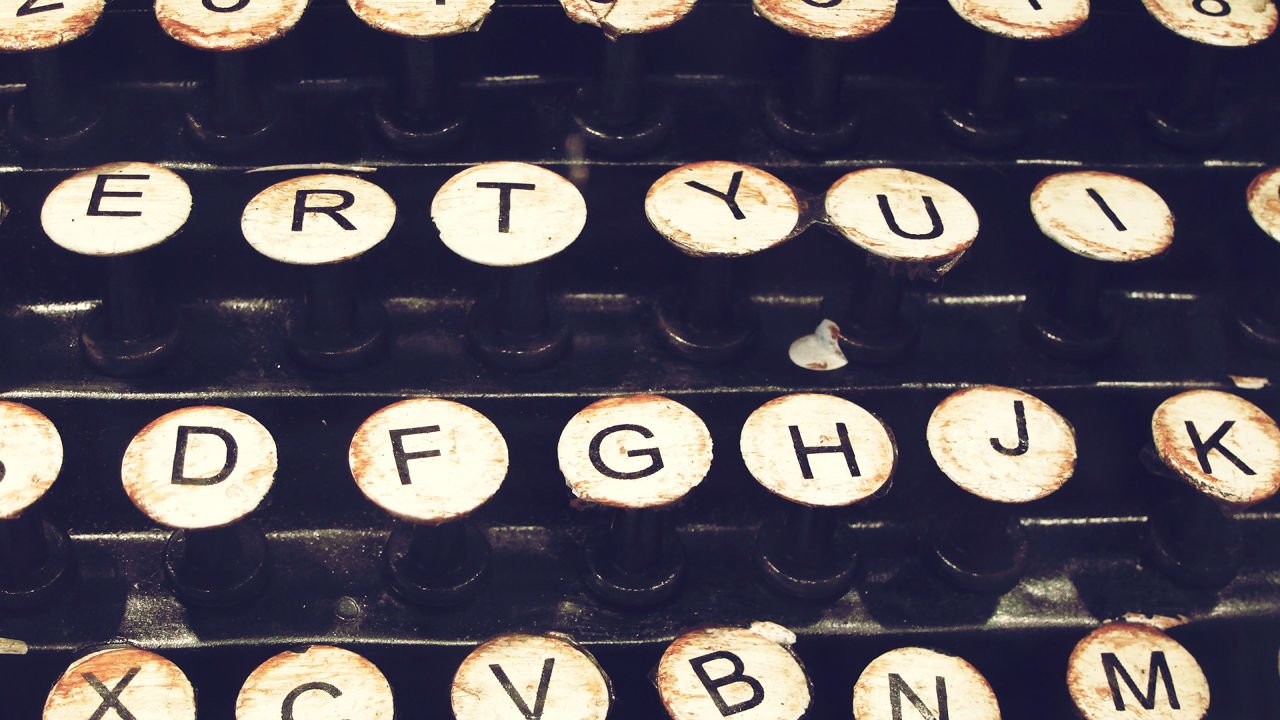Audio recording is a standard practice done by several insurance companies and health care professionals to make important inputs about insurance claims and patient data respectively. These recorded statements carry a lot of relevant information and can even serve as a piece of evidence in a court of law. They cannot be taken lightly, which is why several insurance firms, hospitals and even independent physicians resort to engage audio transcription services to transform raw data into standardized documents.
Firms offering transcription services have a team of highly trained transcriptionists who ensure timely delivery of highly accurate transcribed files. However, the accuracy and effectiveness of audio transcription is determined by the quality of the audio recording. Eyered, a leading provider of high quality and cost-effective medical transcription services recommend the following best practices for efficient audio recording.
Try restricting background noises
When recording statement of an individual in person or over a speaking phone or self-recording an audio file make sure that there is minimal sound in the background. It’s best to perform any job related to audio recording in an empty room, however sometimes that’s impossible. Therefore, alert others present in the room when you are recording a statement. Remember that even background noises such as the sound of the printer, typing, telephone ringing can blur information. Also, make sure that all phones within the vicinity of the room are put on silent mode prior to recording.

Use noise cancellation headsets
If you are recording statement over a phone call, make sure that you use a noise cancellation headset with a microphone that will help you focus on the job and enable you to hear the person on the other side of the phone better.
Seek consent from the participant or participants
It is always recommended to inform the participant or participants that their statements or interview is being recorded. The consent is taken so as to avoid any kind of legal complication. Some suggest that recording patient consultation by doctors is violation of HIPPA compliance, but it’s actually not if you take consent from the patient in advance.
Record time, date and name of participants
In order to maintain chronology of the data, make sure that you speak into the microphone or recorder the time and date of the recording. Mentioning the names of the participant(s) is also recommended for further streamlining of data.
Use good quality equipment’s
The quality of recording devices such as digital recorders, microphone can impact the quality of your recording. Thus, use only high quality equipment’s for all recording purposes.
Avoid the usage of abbreviations and acronyms
As a rule avoid the use of abbreviations. And if at all you use an acronym, do mention its full form a better understanding of the audio recording. Avoid using fillers such as “umm”, “ahh”, “like” etc.
Speak into the microphone or the recorder
While recording the statement, ensure that your voice is captured properly. Speak directly into the microphone. In case you are recording the statement of the participant, remind them to speak into the microphone. Clear speech is important for a well-recorded audio piece.
Speak coherently
While speaking, we tend to use a lot of connecting words like “but”, “and”, “so”, in order to make a point. Speaking in such a tone while recording an observation can sound incoherent, therefore try avoiding that. Instead speak in short sentences, good grammar and clear sound.
In conclusion we can say that besides ensuring highly accurate transcripts, adhering to the aforementioned practice will reduce the time and cost of audio transcription service. Often due to lack of clarity and recording of complete information you send the transcribed files again to the transcription agency to review or re-do work. However, this back and forth cycle will break, if the recording is done in a clean and precise manner.
